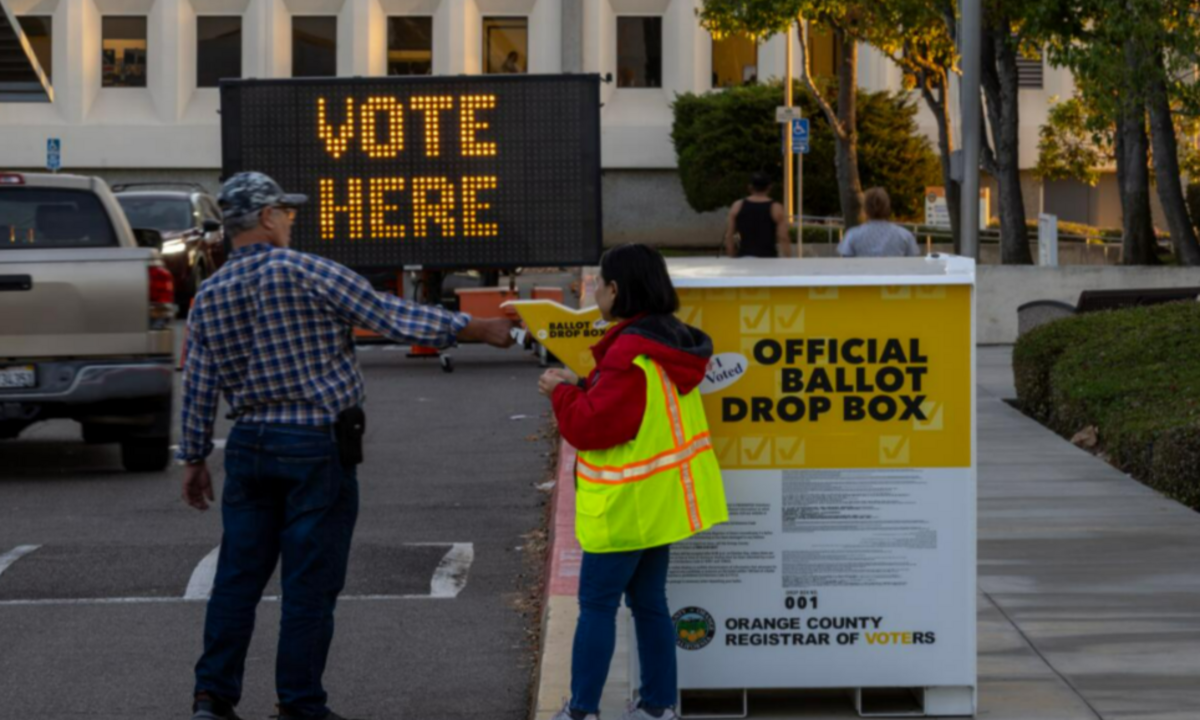In the November 2024 election, residents of Santa Ana, California, voted against Measure DD, a proposal that sought to permit noncitizen residents to participate in municipal elections.
The measure was defeated by 60% of the voters, reflecting a significant decision in the city’s approach to electoral participation.
Background of Measure DD
Measure DD aimed to amend the Santa Ana City Charter to allow noncitizen residents, including permanent residents, visa holders, refugees, and undocumented immigrants, to vote in local elections such as those for the mayor, city council, and local ballot measures. Proponents argued that since noncitizens contribute to the community and pay taxes—estimated at $117 million annually—they should have a say in local governance.
Arguments For and Against
Supporters’ Perspective:
Taxation Without Representation: Advocates highlighted that noncitizens are integral to the community, contributing economically and socially. Allowing them to vote would acknowledge their stake in local decisions.
Historical Context: Historically, noncitizens had voting rights in various U.S. states until the early 20th century. Reinstating these rights was seen as a return to inclusive democratic practices.
Opponents’ Perspective:
Legal and Financial Concerns: Critics, including Santa Ana Mayor Valerie Amezcua, expressed concerns about the potential costs and legal challenges of implementing noncitizen voting. They feared it could lead to expensive litigation and complicate the electoral process.
Value of Citizenship: Some opponents believed that voting is a privilege that should be reserved for U.S. citizens, emphasizing the importance of citizenship in the democratic process.
Community and Expert Reactions
The rejection of Measure DD has sparked discussions about shifting attitudes toward immigration and voting rights within the Latino community. Jon Gould, dean of the School of Social Ecology at the University of California, Irvine, noted that this outcome aligns with trends indicating a more conservative stance on immigration issues among Latino voters.
Carlos Perea, an immigrant rights advocate and executive director of the Harbor Institute for Immigrant and Economic Justice, suggested that the measure’s defeat reflects the influence of national anti-immigrant sentiments at the local level. He emphasized the need for continued advocacy to address the concerns and rights of noncitizen residents.
National Context
The decision in Santa Ana occurs amid a broader national debate on noncitizen voting rights. While some U.S. cities, such as San Francisco, have enacted laws allowing noncitizens to vote in specific local elections, these measures often face legal challenges and significant opposition. Conversely, several states have introduced amendments to explicitly prohibit noncitizen voting, underscoring the contentious nature of this issue nationwide.
Looking Ahead
The outcome of Measure DD highlights the complexities surrounding voting rights and the integration of noncitizen residents into the democratic process. As Santa Ana moves forward, community leaders and advocates may seek alternative ways to engage noncitizen residents in civic activities and ensure their contributions are recognized in local governance.
Disclaimer—Our team has checked this article to ensure its accuracy and eliminate any misinformation. We are committed to providing clear and reliable information for our readers.


